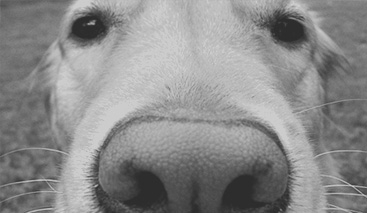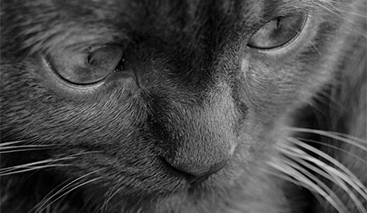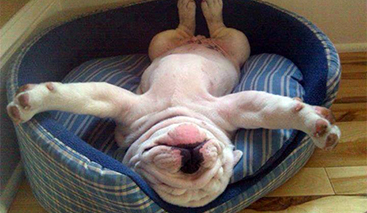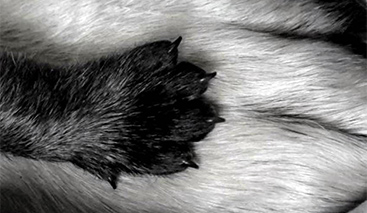DR. IRVEN
Animal Chiropractic
Animal Chiropractic
ANIMAL CHIROPRACTIC
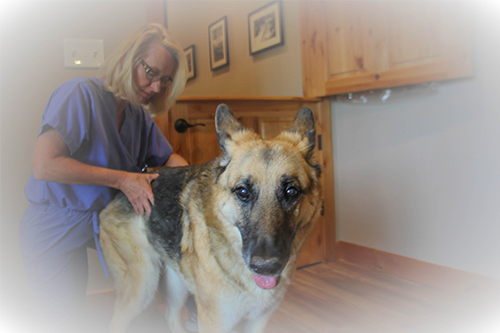
Animal Chiropractic is very similar to human Chiropractic. Adjustments performed by a Certified Animal Chiropractor are gentle, safe and effective. Chiropractic can be used to relieve pain or correct biomechanical or gait disorders causing muscle and neurologic symptoms. There are often compensatory problems which can arise if the primary problem has been left untreated.
The goal of Chiropractic care is to correct spinal and joint misalignment to improve nerve function to the rest of the body. Because each spinal nerve can impact a specific organ, treatment can have an effect on organ function related to the area that is adjusted. Our experience with both animals and humans, along with research, suggests adjustments may improve gastrointestinal, respiratory, cardiovascular disorders and more. We have found dogs with suspected herniated discs or with neurological conditions causing them to be unable to walk, respond incredibly well to chiropractic care. Sometimes in as few as one or two adjustments.
New patient forms are available here:
While your pet may or may not show any symptoms of spinal or joint problems, regular adjustments will help to prevent any symptoms that may arise in the future. It is easier to be proactive and keep your pet pain free than it is to reverse chronic pain. Maintenance care is especially important in working and agility animals.
Signs that your pet may need chiropractic care:
- Lameness/limping or abnormal gait (walking pattern)
- Down in the rear end or can’t walk
- Injury or performance issues
- Abnormal posture (hunched back) or postural changes
- Any signs of pain with specific motions
- Difficulty rising from a lying or sitting position
- Muscle weakness or stiffness
- Sensitivity to touch
- Neurological problems – head tilt
- Bowel or bladder control problems
- Difficulty eating
- Behavioral changes
- Lick granuloma
- Inability to climb stairs, jump, get in the car
- Puppy sitting – altered sitting position

